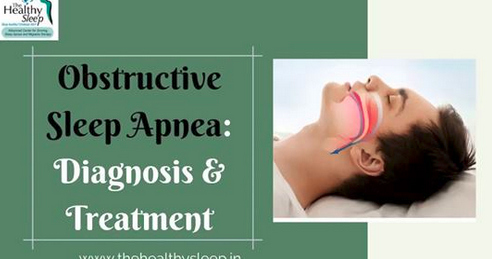Obstructive sleep apnea (OSA) is a serious sleep disorder that leads to severe specific health problems. The breathing stops and starts repeatedly, and this occurs because the muscles in the back of the throat relax too much to allow normal breathing. These muscles support the soft palate, uvula, tonsils, and tongue.
Obstructive sleep apnea is also associated with obesity. Both are considered to be a major risk factor that causes heart disease and stroke. The excess fat in the throat could be the obstacle that contributes to the sleeping disorder. Identifying the problem on time and getting early treatments could lower the risk of cardiovascular problems.
OSA hurts hearts
Healthy sleep can bring out a healthy life for everyone, whereas, during non-REM sleep, there is an overall decrease in blood pressure and heart rate. And during REM sleep, there is an increase in blood pressure and heart rate. There will be a sudden drop in blood oxygen levels, which causes this increase in blood pressure and strain the cardiovascular system.
Heart failure, elevated blood pressure, atrial fibrillation, resistant hypertension, type 2 diabetes, and stroke will be caused due to obstructive sleep apnea. Hypertension caused due to obstructive sleep apnea leads to a lot of heart problems. The risk of having a heart attack, heart failure, coronary artery disease, and stroke increases when obstructive sleep apnea gets severe or worse.
Obstructive sleep apnea leads to an increase in abnormal heart rhythms or arrhythmias. This irregular rhythm lowers blood pressure, and if there are any underlying issues with the heart, then these repeated arrhythmias can lead to sudden death.
For milder obstructive sleep apnea, doctors would recommend a change in lifestyle. Physical therapies would be suggested for moderate to severe cases. However, not all severe conditions will be treatable under these measures. Hence, surgery is an option too. Surgical management is recommended only when other treatments fail. Certain surgeries can help reduce snoring and obstructive sleep apnea by clearing or enlarging the air passages. Untreated sleep apnea might lead to the risk of dying from heart disease.
Blog Reviewed By:Dr. Krishnan A. Subramanian
Mail Us : [email protected]
Book Your Appointment Here : thehealthysleep.in/book-appointment












